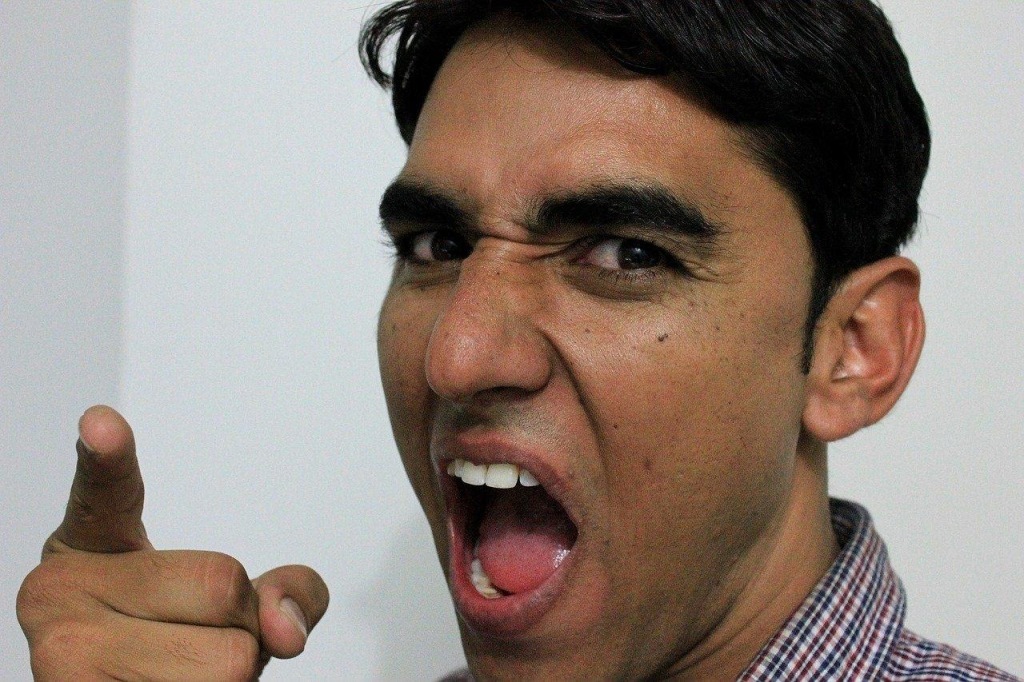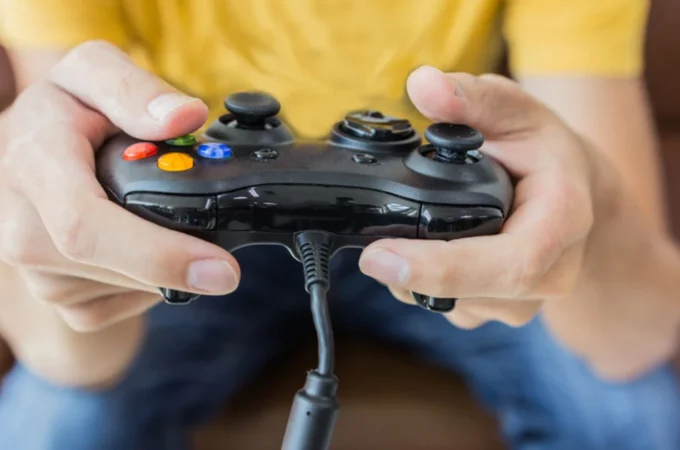
The Best Way to Deal With Controlling People
Have you ever been in a controlling relationship? Maybe your parents are very controlling or demanding? You probably feel powerless over your own life, your decisions, and your emotions. Controlling people only care about one thing: themselves. The need to control others stems from deep-rooted insecurity of some kind, and can often be linked to certain mental health conditions.
Whatever the case may be, here are some tips on how to deal with these kinds of people. It’s not healthy to be under someone’s total control, and that dominance can have far-reaching effects on your mental health given enough time. Follow this guide to learn the best way to deal with controlling people.
Recognize You’re Being Controlled
The first step to solving any problem is recognizing there is one, and being controlled by another person is a problem. Given enough time, that control can become habitual, and you might not even realize any longer that you’re actually being controlled. Things like guilt-tripping and making demands are favorite tactics of the controlling types, but you might be so used to it that it just seems like “normal behavior”. Let me pop that balloon for you: it’s not.
Let’s just make one thing clear right off the bat: a relationship is a give and take, not total dominance over one partner by the other. If you’re constantly under scrutiny for your decisions, your style, your personality, your friends, etc., you’re not in a healthy relationship. A good partner will encourage you rather than make you question everything you do.

Controlling people have a deep-rooted need to keep you under their wing, whether it’s out of jealousy, insecurity, or whatever else may be affecting them. At the end of the day, that’s not your responsibility to bear the brunt of such insecurities by falling victim to the cycle of control. How can you ever be happy when you have no control over your own life?
Set Important Boundaries
With someone who’s controlling, setting boundaries can not only be difficult, but nearly impossible to enforce. That being said, setting those boundaries is still a crucial step toward earning back your freedom and establishing a standard for how you’ll be treated. Remember this: being controlled by another person is not ok. Repeat that as many times in your head as you need to for it to sink in, but make sure it sinks in. You’re a person with your own thoughts, views, aspirations, and desires, and as a free human being on this Earth, you should be allowed to pursue those things.
Start by setting boundaries for how you’ll be talked to. If your controlling partner is constantly cursing at you or calling you names, let them know you won’t accept it anymore. Be prepared for backlash; those that have control are loathe to give it up, especially if it means giving the control back to their victims. Just remember to stand your ground.
Boundaries are 100% necessary in a controlling relationship, and you can’t get anywhere without setting them first.
Next, set important boundaries regarding the way you’re treated. If you don’t want to be constantly questioned, guilt-tripped, or yelled at, let it be known. The only way boundaries work is if you stand by them and invoke consequences for when they’re violated.
These can be taking a break from that person, reducing the time you spend with them or even go as far as completely cutting them out of your life. The bottom line is that your boundaries shouldn’t be violated for any reason. They’re your standards.
Show Them How Their Behavior is Controlling
This is certainly not easy, and may not work at all, but it’s important to try. Sometimes, the person may not even realize they’re being controlling, and a good talk can reveal more than just why they feel the need to control you.
You might find that they’re actually incredibly insecure about themselves and that’s why they act controlling when you go out with friends. Once you’ve identified such things, you can take active steps toward a solution.

We don’t want to resort immediately to cutting people we love out of our lives, but sometimes, that’s what it takes to break the bonds of control. There’s a good chance an abuser will not want to face the fact they’re being abusive and controlling, or will somehow turn it on you and make it your fault. It’s not your fault.
Controlling behavior comes from the abuser, and it has nothing to do with anything you’ve done. It’s not ok!
The Bottom Line
Once you start to stand up for yourself, you’ll likely find your controlling partner/friend/family member grows angry with the new boundaries. This is expected behavior from someone who’s held control for so long, but what you need to look for is whether or not that person realizes their behavior’s negative impact on your life and their willingness to change.
If there’s no realization and no desire for change, it’s time to move on. After all, you’ll never be happy under the control of another person, and your happiness is important to a full and satisfying life.




